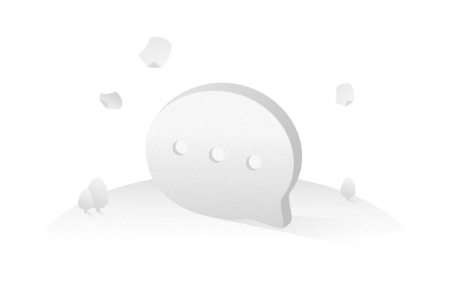1
00:00:00,533 --> 00:00:04,433
Hello everyone, in the last class we got to know the sound card in real objects
2
00:00:04,766 --> 00:00:08,333
In this lesson, let's get to know the sound card in the circuit diagram
3
00:00:08,933 --> 00:00:11,966
First find the architecture diagram in the drawings
4
00:00:13,466 --> 00:00:15,966
Find the sound card in the architecture diagram
5
00:00:16,100 --> 00:00:19,566
You can see that the sound card is controlled by PCH
6
00:00:20,000 --> 00:00:23,466
The model of the sound card is ALC892
7
00:00:23,866 --> 00:00:28,500
We directly search for this model and find the sound card chip
8
00:00:29,100 --> 00:00:31,200
This is the sound card chip
9
00:00:32,533 --> 00:00:38,266
It can be seen that there is a line on the sound card chip that divides the sound card chip into two halves.
10
00:00:38,500 --> 00:00:43,533
This line is used to distinguish the digital part and the analog part of the sound card
11
00:00:43,800 --> 00:00:46,800
The one on the left is the digital part of the sound card,
12
00:00:46,966 --> 00:00:50,266
and the one on the right is the analog part of the sound card
13
00:00:51,100 --> 00:00:53,300
Let's first look at the power supply of the sound card
14
00:00:53,933 --> 00:00:55,966
The power supply of the sound card is more
15
00:00:56,200 --> 00:00:59,500
Generally, the power supply for the digital part is 3V,
16
00:00:59,766 --> 00:01:02,366
and the power supply for the analog part is 5V.
17
00:01:02,733 --> 00:01:09,833
The sound card also has a reference voltage output, usually 2.5V
18
00:01:11,966 --> 00:01:15,866
The next digital part is the data bus of the sound card
19
00:01:16,433 --> 00:01:22,500
There are a total of 5 buses on the sound card, all of which are directly connected to the PCH.
20
00:01:23,000 --> 00:01:29,600
These 5 lines are output, clock, input, sync and reset signals
21
00:01:30,133 --> 00:01:35,566
As long as the power supply of the sound card and the 5 data cables are normal,
22
00:01:35,666 --> 00:01:39,066
the sound card can be recognized in the device manager
23
00:01:40,166 --> 00:01:43,500
The digital part is the power supply and the sound card bus
24
00:01:43,533 --> 00:01:46,600
The digital part is over, let's look at the analog part
25
00:01:46,766 --> 00:01:50,666
The simulation part is relatively simple, let's take a look at it in turn
26
00:01:51,200 --> 00:01:53,133
First pin 13
27
00:01:53,166 --> 00:01:59,700
Pin 13 is the insertion detection pin, which is used to detect whether each interface has a plug-in device
28
00:01:59,900 --> 00:02:08,800
And these pin names with _L and _R all go to the left and right channels of each interface
29
00:02:09,133 --> 00:02:13,366
_L is the left channel, _R is the right channel
30
00:02:14,966 --> 00:02:17,733
There are also the reference voltage output of the sound card,
31
00:02:18,000 --> 00:02:21,400
the power supply of the sound card and the grounding of the sound card
32
00:02:21,966 --> 00:02:28,300
The grounding of the analog part of the sound card is different from that of the digital part.
33
00:02:28,566 --> 00:02:32,100
You can see that the ground icon here is different
34
00:02:32,700 --> 00:02:39,566
Further down, the sound card part still has some bias voltage output,
35
00:02:40,033 --> 00:02:43,800
which generally goes to each interface.
36
00:02:49,166 --> 00:02:52,100
There is also an insertion detect pin
37
00:02:52,400 --> 00:02:56,500
It can be seen that the working conditions of the sound card are relatively simple.
38
00:02:56,866 --> 00:03:00,966
As long as there is power supply and data bus, the sound card can be recognized
39
00:03:01,500 --> 00:03:04,600
As long as the sound card can be recognized in the device manager,
40
00:03:04,700 --> 00:03:08,566
it means that the digital part of the sound card is basically working normally
41
00:03:08,866 --> 00:03:13,133
If the sound card can be recognized, but all interfaces have no sound,
42
00:03:13,300 --> 00:03:17,466
it may be that the working conditions of the analog part are not met.
43
00:03:17,566 --> 00:03:19,866
We need to check the simulation part
44
00:03:20,600 --> 00:03:24,000
And if only a single interface has no sound,
45
00:03:24,300 --> 00:03:30,133
then we need to check the left and right channels of a single interface to see if they are normal
46
00:03:31,000 --> 00:03:35,666
The above is our understanding of the sound card in the circuit diagram






